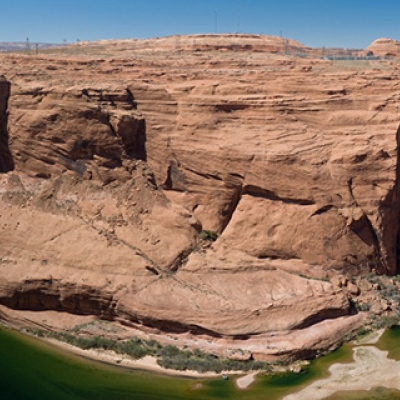It's no surprise that financial disaster has pushed environmental problems out of the news of late. But it's too bad that they can't get together somehow; the two areas of crisis, and the needed solutions, have a lot in common. The common thread is that both involve risks of rare, catastrophic events. In both cases, the prudent response is to focus on insurance against worst-case risks, rather than cost-benefit analysis of the most likely outcomes.
The stock market and other financial markets are in the throes of the worst crisis since the 1930s.










